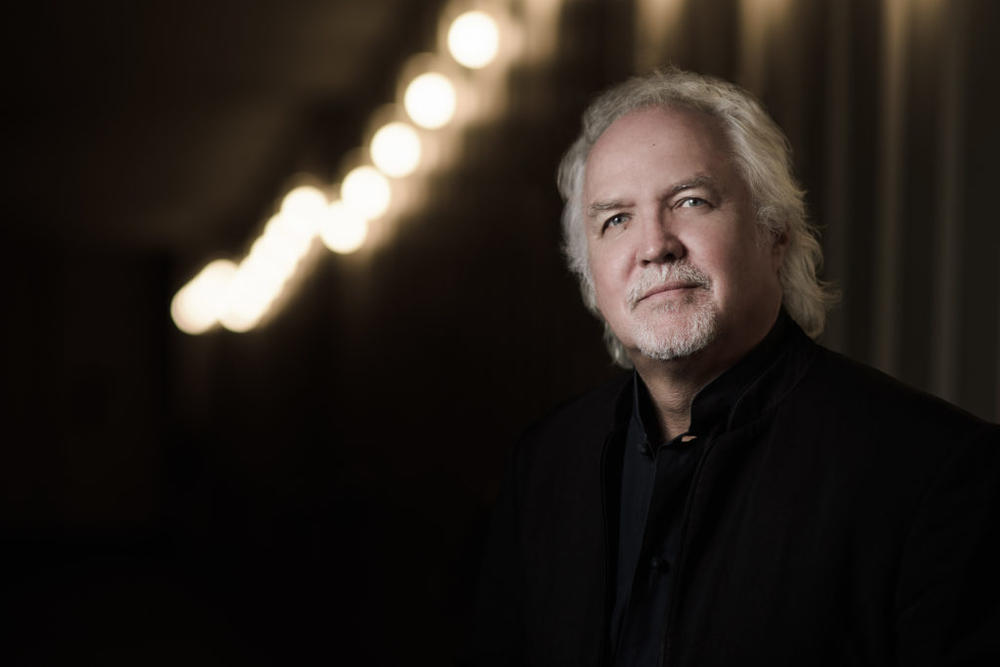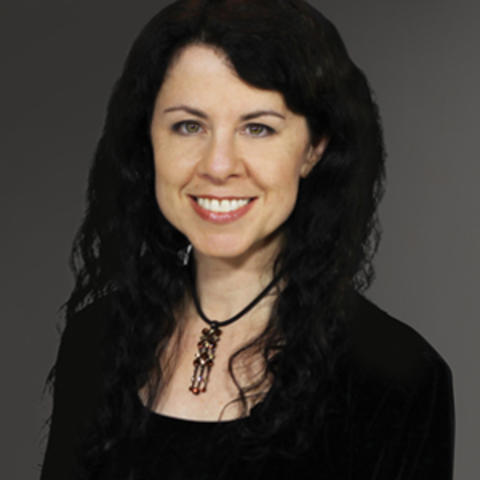Section Branding
Header Content
Donald Runnicles On Leading Orchestras And Yearning To Fly
Primary Content
Jet-set conductor Donald Runnicles is all over the map, literally. In Berlin, he’s music director of the German Opera. In Wyoming, he heads the Grand Teton Music Festival. And he often visits Georgia as principal guest conductor of the Atlanta Symphony Orchestra.
It all began in Scotland, where Runnicles grew up the son of a church choirmaster and an amateur pianist. In May, between weekends of Debussy and Beethoven with the ASO, he sat down with GPB’s Sarah Zaslaw. She asked about his earliest musical experience.
ASO principal guest conductor Donald Runnicles on music, conducting and flying
Interview Highlights
On his father as inspiration
Witnessing my father at the helm of the choir and his ability to make out of this heterogeny—making something homogenous, bringing unanimity, a unanimous tone—it was experiencing my father and the art of conducting, the art of leadership, the authority needed but the art of persuasion, the respect shown. Over those years I began to think wow, that’s something I’d love to be able to do.
On whether conductors must also be pianists
It’s not absolutely essential. But I think it’s very important to have some training in which you’ve actually sat in an orchestra and you get a feel for what it’s like to play with other colleagues.
On reading those complex orchestral scores
It’s practice. There are a lot of lines. You can’t read them simultaneously. I mean, you can for a string quartet, you can perhaps do it for six voices. Your eye is constantly scanning up and down, up and down. Your eye moves to what is at that momen the most important line. You’re not reading. You should know the piece well enough that your eye is immediately going to the place because you’ve practiced it.
On whether he marks up his scores
I used to early on, but I don’t now. When I started marking up my score too much, after a while there were so many markings I found that when I conducted myself I was conducting the markings, not really looking at the music.
On what if not music
I would have been a pilot. I don’t fly-fly but I’d like to. I have a flight simulator, both in Berlin and in Jackson Hole, and I fly as much as I can. It’s astonishing with the computer graphics now. You can have equipment at home which is what many professional pilots have worked on and continue to work on.
It still never wears off, an aircraft taking off. Whenever I’m flying, which is a great deal, I go through all of this in my head because I know the checklist and I know what’s going on in the cockpit.
I hope it never happens but it’s good on some level to know that I think I could land that plane now.
Get in touch with us.
Twitter: @OSTTalk
Facebook: OnSecondThought
Email: OnSecondThought@gpb.org
Phone: 404-500-9457


